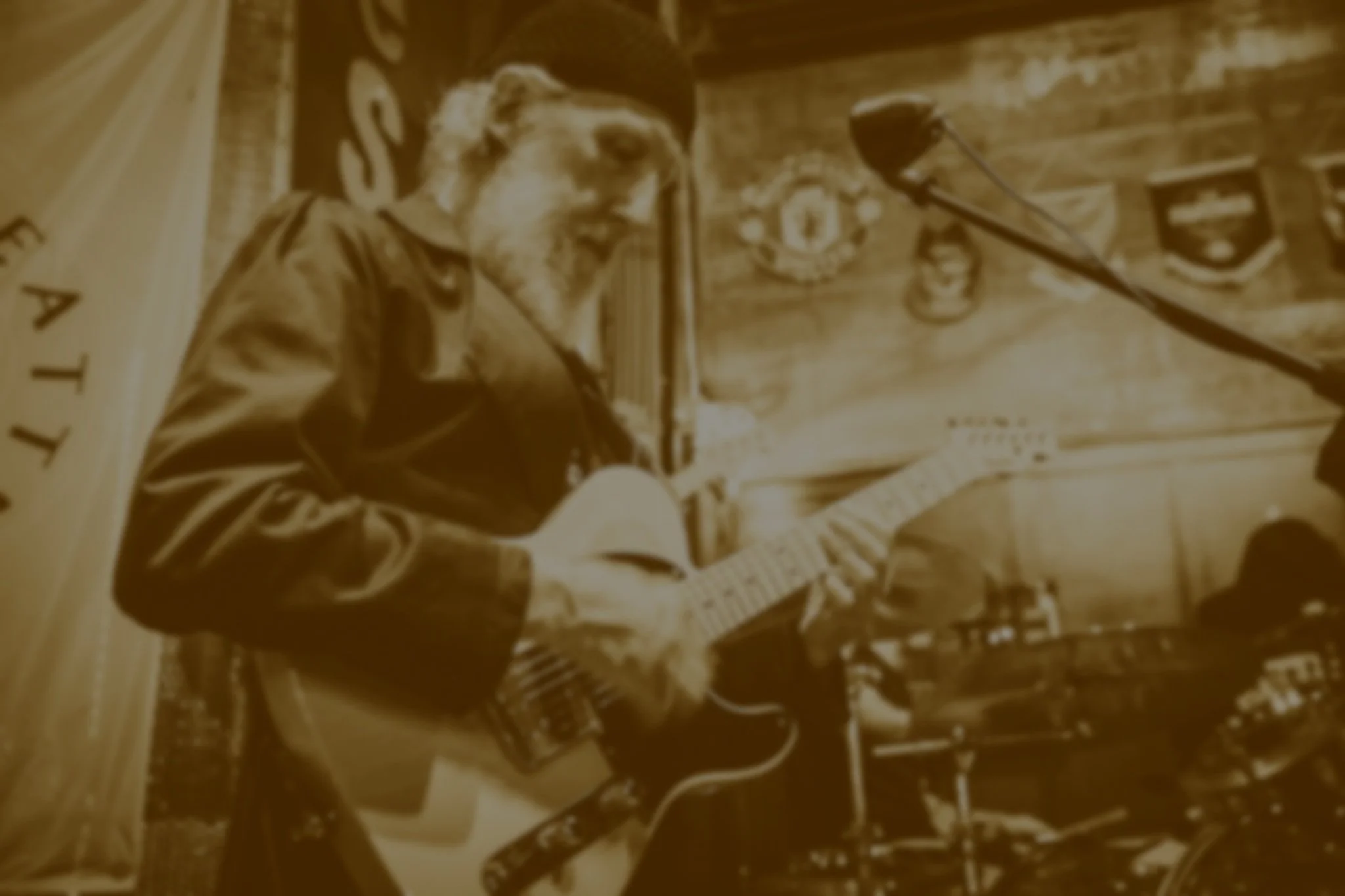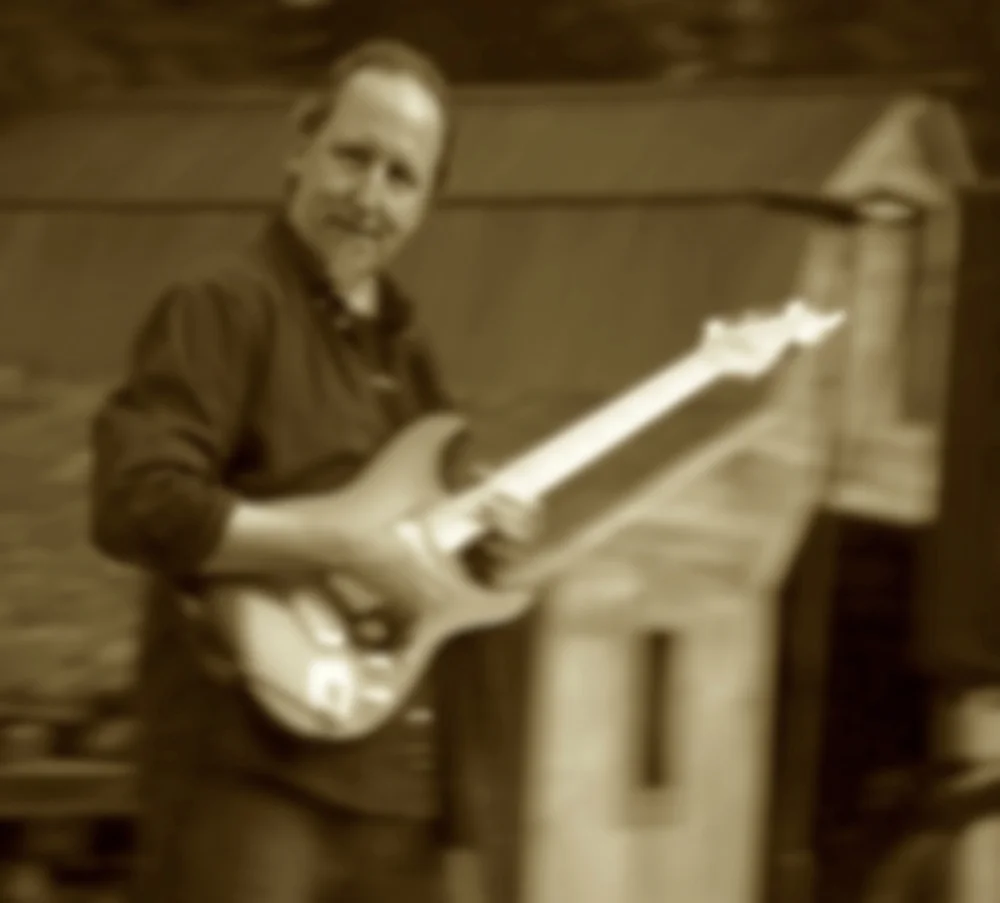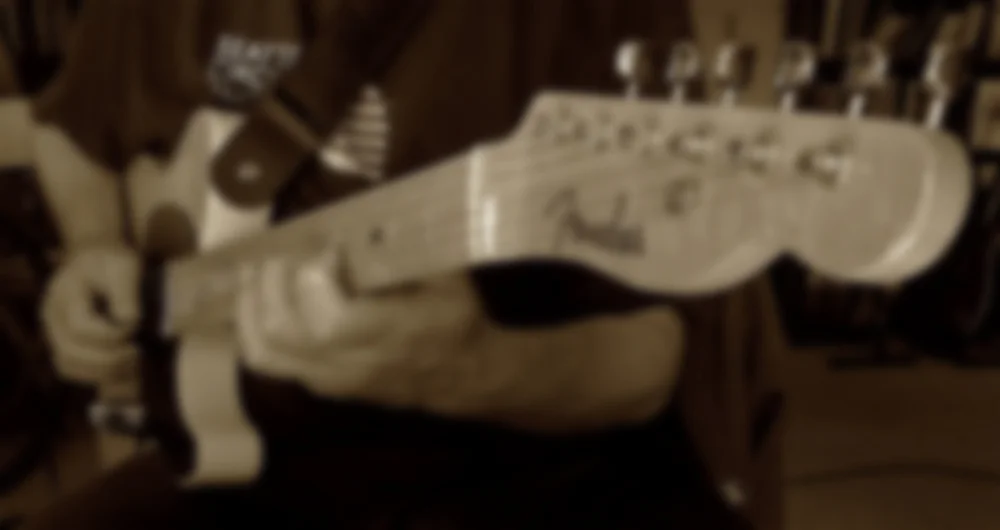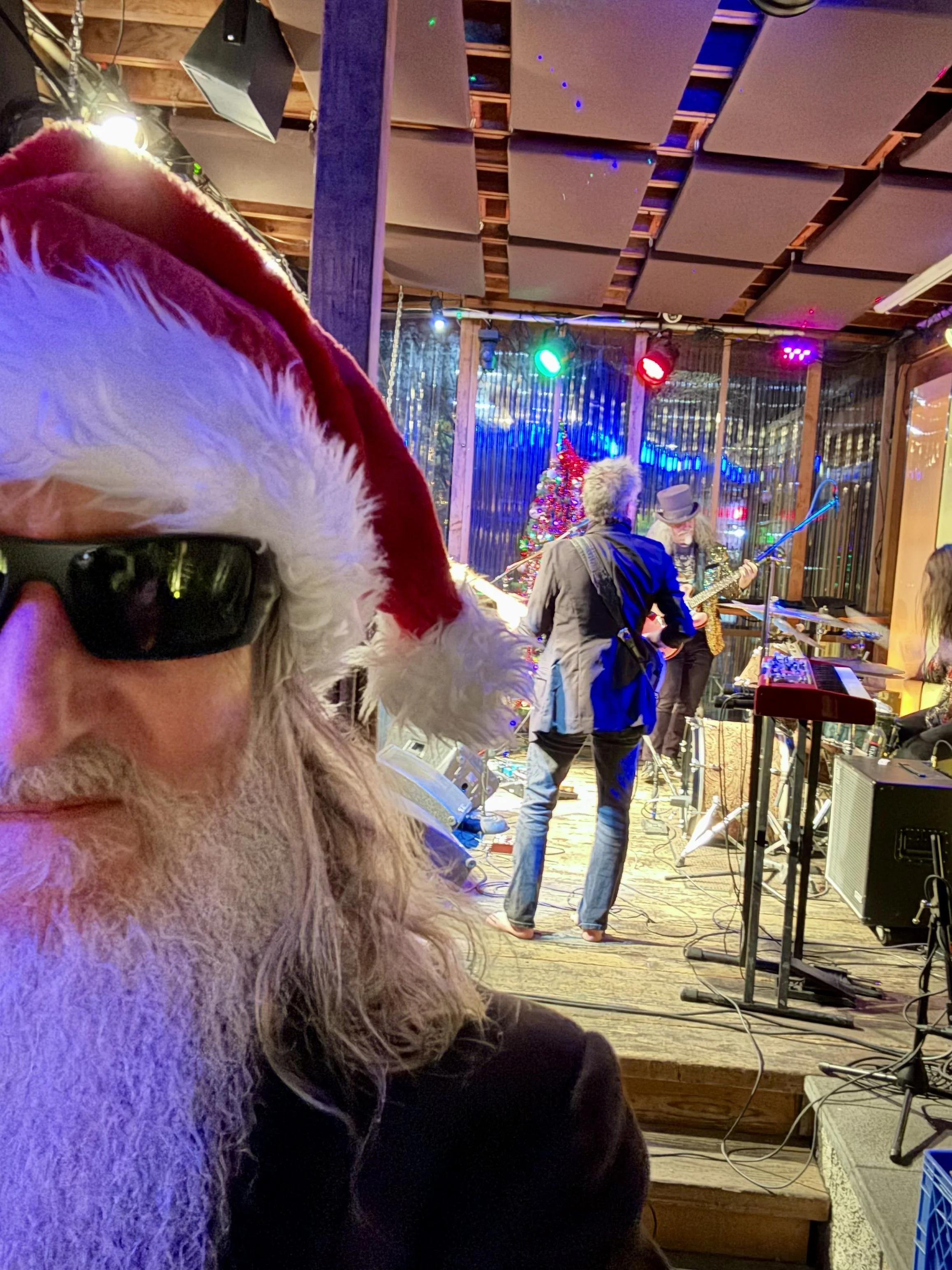The first thing I’d like you to know is that I love playing guitar. From a very early age it was the only thing I ever wanted to do. I love sharing what I have learned. And I love finding ways for my students to discover for themselves the joy of music through the guitar. So, let’s begin!
Complete beginner?
Awesome!
Been meaning to dust off that old instrument and pick up where you left off?
Let's get down to work!
Already a player, and feel that now is time to kick things up a level?
Together we can make that happen!
I do individual lessons out of my home in the Phinney/Greenwood neighborhood of Seattle, as well as online via Zoom. How often lessons are scheduled is something we will want to explore together as we begin. It is really a matter of how fast and how far you would like to move, and how much time you can reasonably put into practice between lessons. On this I am completely flexible.
My aim is to help each student discover their own personal voice on the instrument, and to guide them to develop the skills needed to realize their goals. Proficiency in understanding music as it is applied to the guitar neck is something of a specialty. If we take it systematically, there is a great deal that can be done, while still leaving you time and energy to simply play for the enjoyment of music and the instrument. They are entirely complementary areas of exploration.
It would be useful for me to hear a little bit about what you have already worked with on the guitar, if anything, along with a sense of what your aspirations are in this regard. What would you like to be able to do that you cannot now? What styles interest you, what artists do you admire? What kind of guitar do you have? Anything that might help me to determine if I will be a good fit for you. Email me, and let's get the conversation started.
I have been a part of Guitar Craft since its inception in 1985, touring and performing as a member of The League of Crafty Guitarists and the Orchestra of Crafty guitarists to this day, as well as serving as an instructor on courses and seminars. If Guitar Craft and the Guitar Craft Tuning (also known as the C Pentatonic tuning) is of interest to you I am happy to help out.
OVERVIEW
The keys to learning to play the guitar:
Play, Play, and More Play
Mechanics
Knowledge of the Fretboard
Ear Training
Music Theory and Reading
With even a rudimentary command of these skills the guitarist begins to “learn how to learn.” Styles and genres become choices rather than prisons. A world of music opens up. Guitar instruction is offered to anyone, at any level. The primary focus of the approach used is HOW to play, rather than WHAT to play. Everyone is different, and so we will work together to find just the right balance of study and play, exercises and songs, serious and silly.
HOW WILL WE GET THERE?
The basics:
The MECHANICS of the right and left hand. We work toward an ease and efficiency in our technique, with exercises designed to help us to let go of the habits holding us back, while developing an understanding of the skills that will support our musical aspirations.
KNOWLEDGE of the FRETBOARD. A command of scale and chord structures frees us from dependence on chord books, tablature and the memorization of shapes and “licks” without context.
EAR TRAINING. Once we know how to produce a sound (mechanics) and where on the fingerboard a sound can be produced (fretboard knowledge), how do we choose which sound to produce?
Technique is a good and necessary foundation, but it is not MUSIC.
PLAY, Play, and More Play. Putting skills and techniques to work in musical situations is essential. Without creativity and play, skill is merely information. And so, at every stage and every level, play is important. This is the essence of creativity. It can be accomplished with a) music created in the moment, designed to utilize a particular skill; b) the development of repertoire, for more refined applications; and c) guided group lessons where we can play together, putting our command of these skills to the test in a musical context. For students with Guitar Craft background there is a large body of repertoire available. For individual students, there is a world of music; songs and classical compositions. And for everyone, nothing is more effective than writing and performing our own music.
And finally, general music knowledge and skills.
MUSIC THEORY and READING. We guitarists are notorious for avoiding this. We pick up the instrument because we want to play NOW, and all that academic stuff is just for piano and violin and clarinet players, right? I understand this. After years of piano lessons, violin and cello lessons, when I moved to the guitar I was tired of studying. In the end, however, having a common understanding and vocabulary for musical matters is what makes it possible for us to communicate with one another. This is much easier to learn as we go, applying it to real-life musical situations. How much depends on your own aspirations. For some, simply having a little understanding about what the things are that we are doing when we play our favorite song is sufficient. For someone who hopes to play music professionally or even semi-professionally, a deeper and more extensive understanding may be important; certainly useful.
No matter where you are beginning, we will work together to find the right path to reach your goals.



